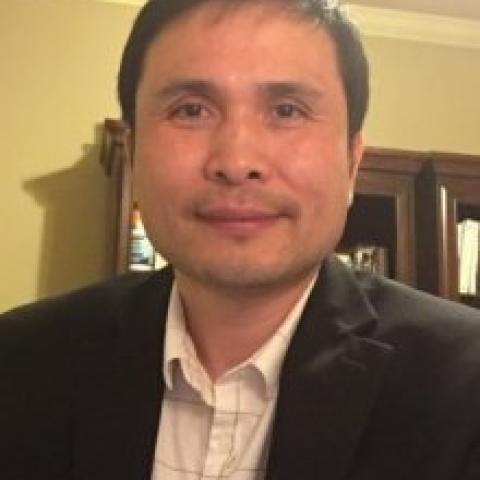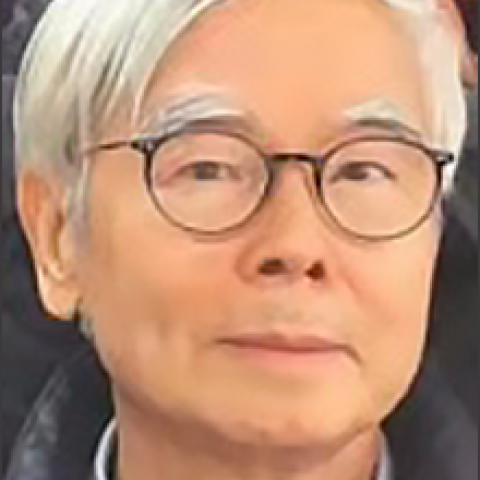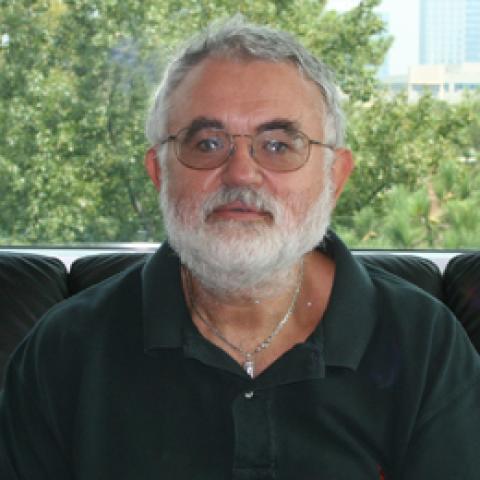Antonio Facchetti

Antonio Facchetti obtained his Laurea degree in Chemistry cum laude and a Ph.D in Chemical Sciences from the University of Milan. In 2022 he joined the School of Material Science and Engineering at Georgia Tech. He is a co-founder and the Chief Technology Officer of Flexterra Corporation.
Facchetti has published more than 600 research articles, 14 book chapters, and holds more than 120 patents (H-index 141). He received the 2009 Italian Chemical Society Research Prize, the team IDTechEx Printed Electronics Europe 2010 Award, the corporate 2011 Flextech Award. In 2010 was elected a Kavli Fellow, in 2012 a Fellow of the American Association for the Advanced of Science (AAAS), in 2013 Fellow of the Materials Research Society, in 2015 he became a Fellow of the Royal Society of Chemistry, and in 2016 a Fellow of the ACS Polymeric Materials Science and Engineering. In 2010 he was selected among the "TOP 100 MATERIALS SCIENTISTS OF THE PAST DECADE (2000-2010)" by Thomson Reuters and in 2015-2023 recognized as a Highly Cited Scientist. In 2016 he has been elected a Fellow of the National Academy of Inventors and was awarded the 2016 ACS Award for Creative Invention. In 2017 he was awarded the Giulio Natta Gold Medal from the Italian Chemical Society for his work on polymeric materials and in 2019 he was inducted into the Advanced Materials Hall of Fame. In 2025 he was elected to the National Academy of Engineering. Facchetti’s research interests include organic semiconductors and dielectrics for thin-film and electrochemical transistors, metal oxides, conducting polymers, molecular electronics, sensors, batteries, and photovoltaics.
- Built Environment Technologies
- Human-Centric Technologies








